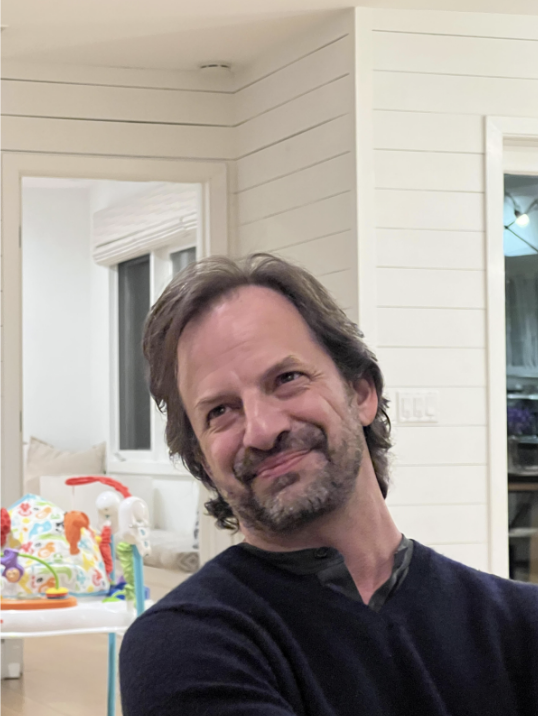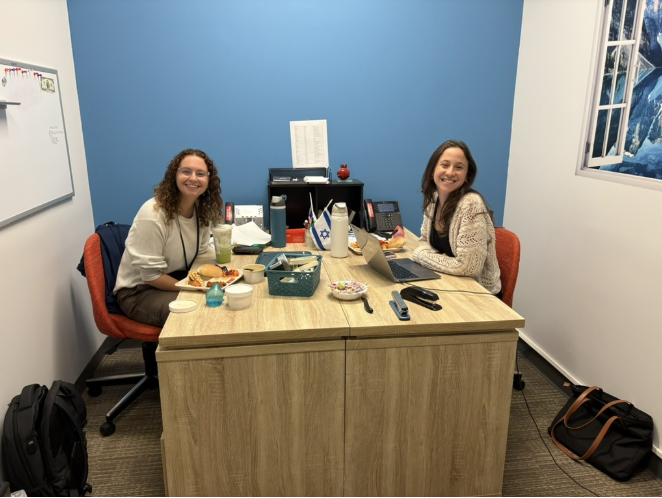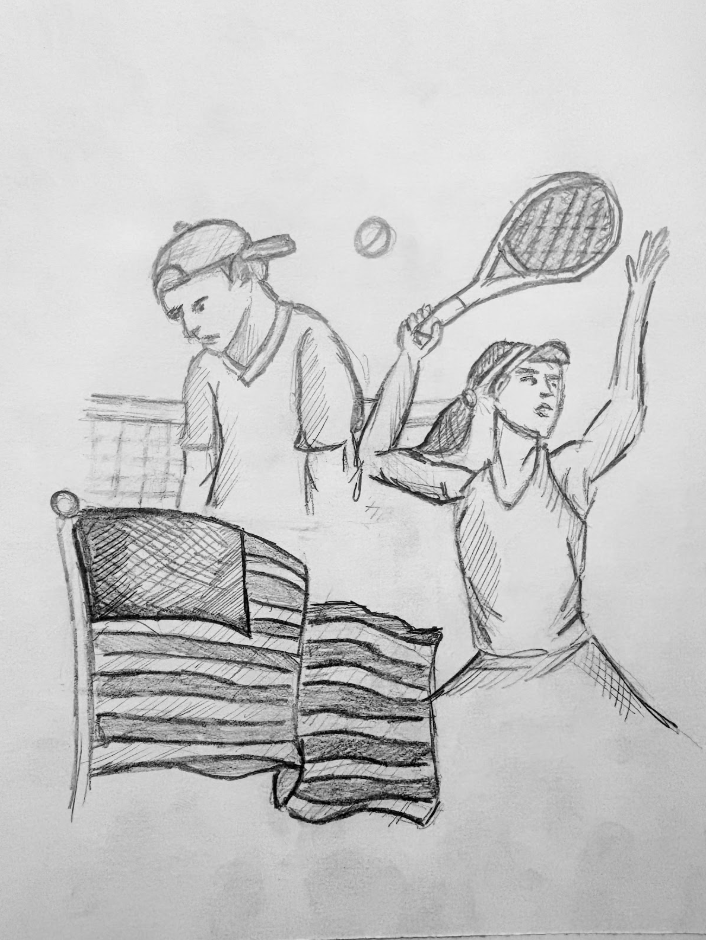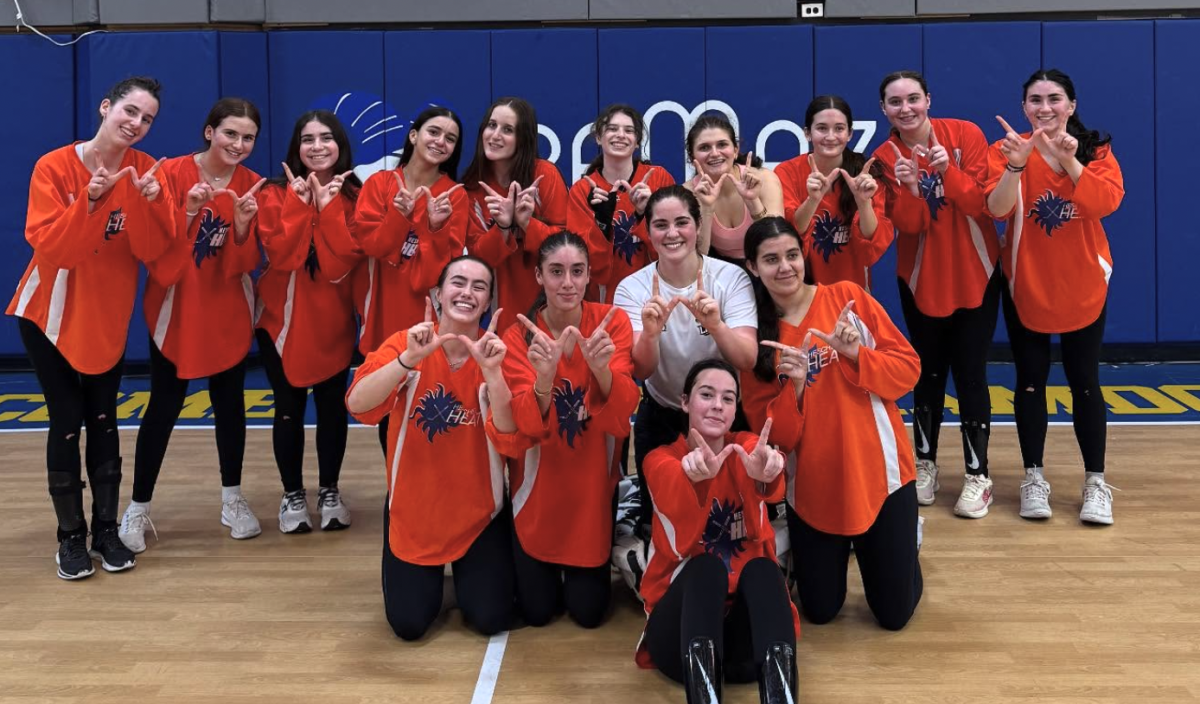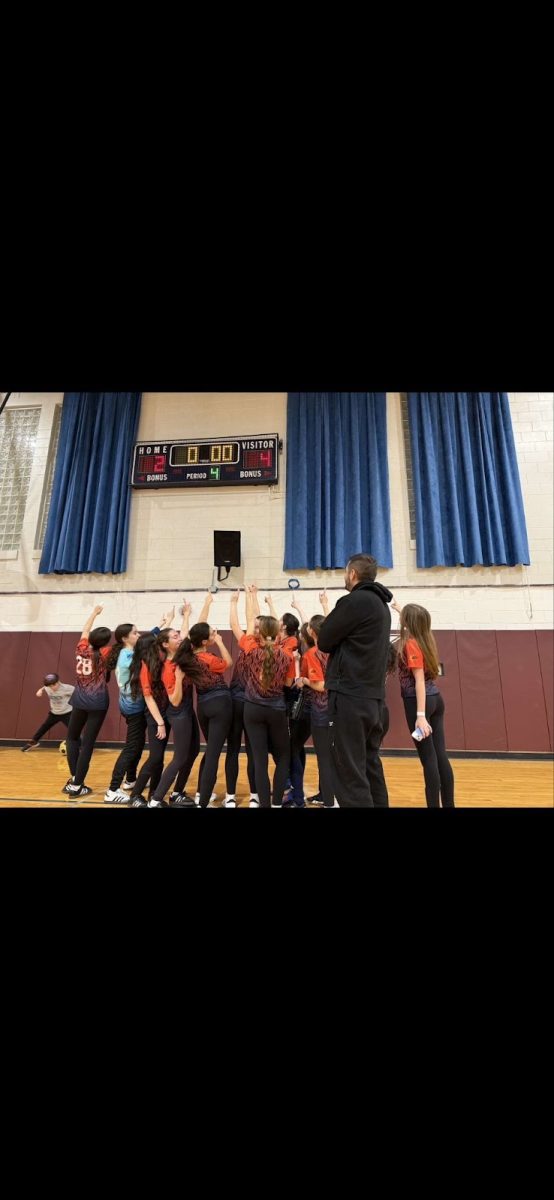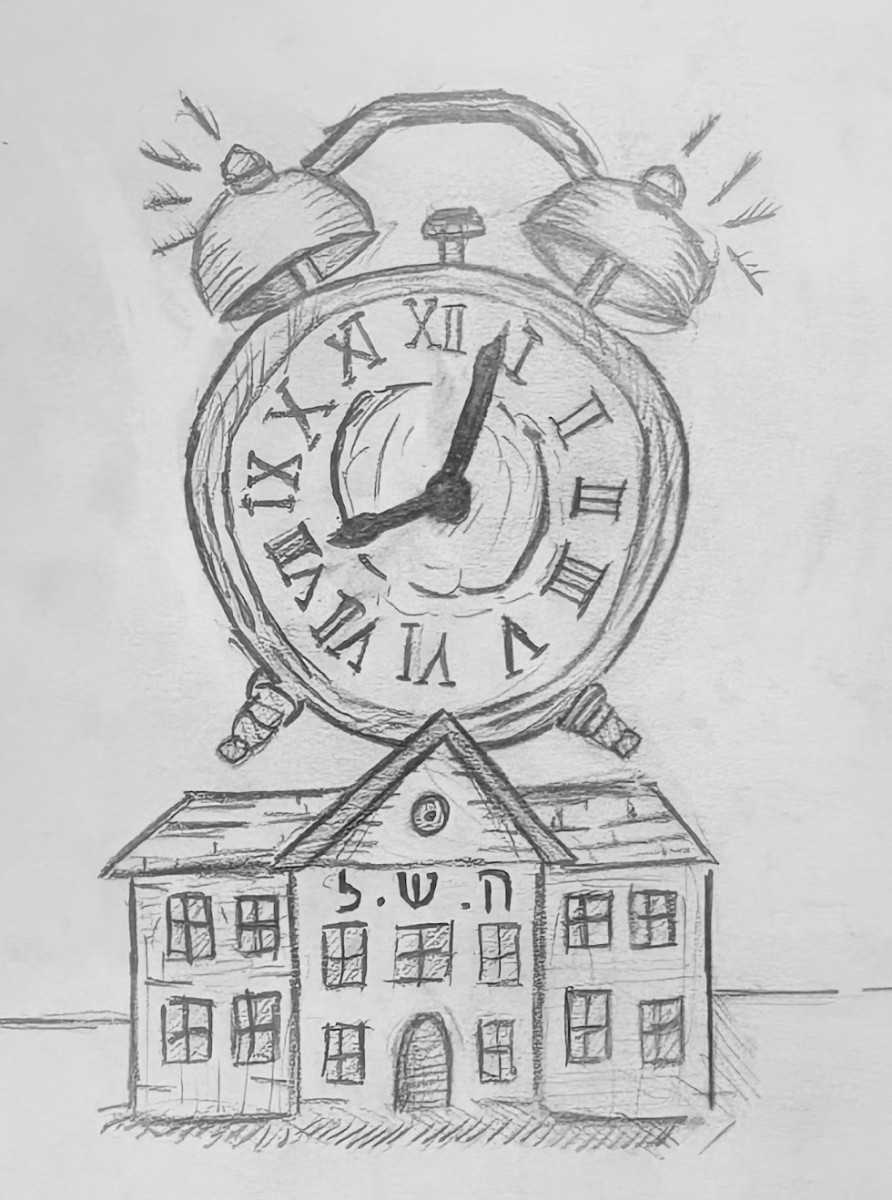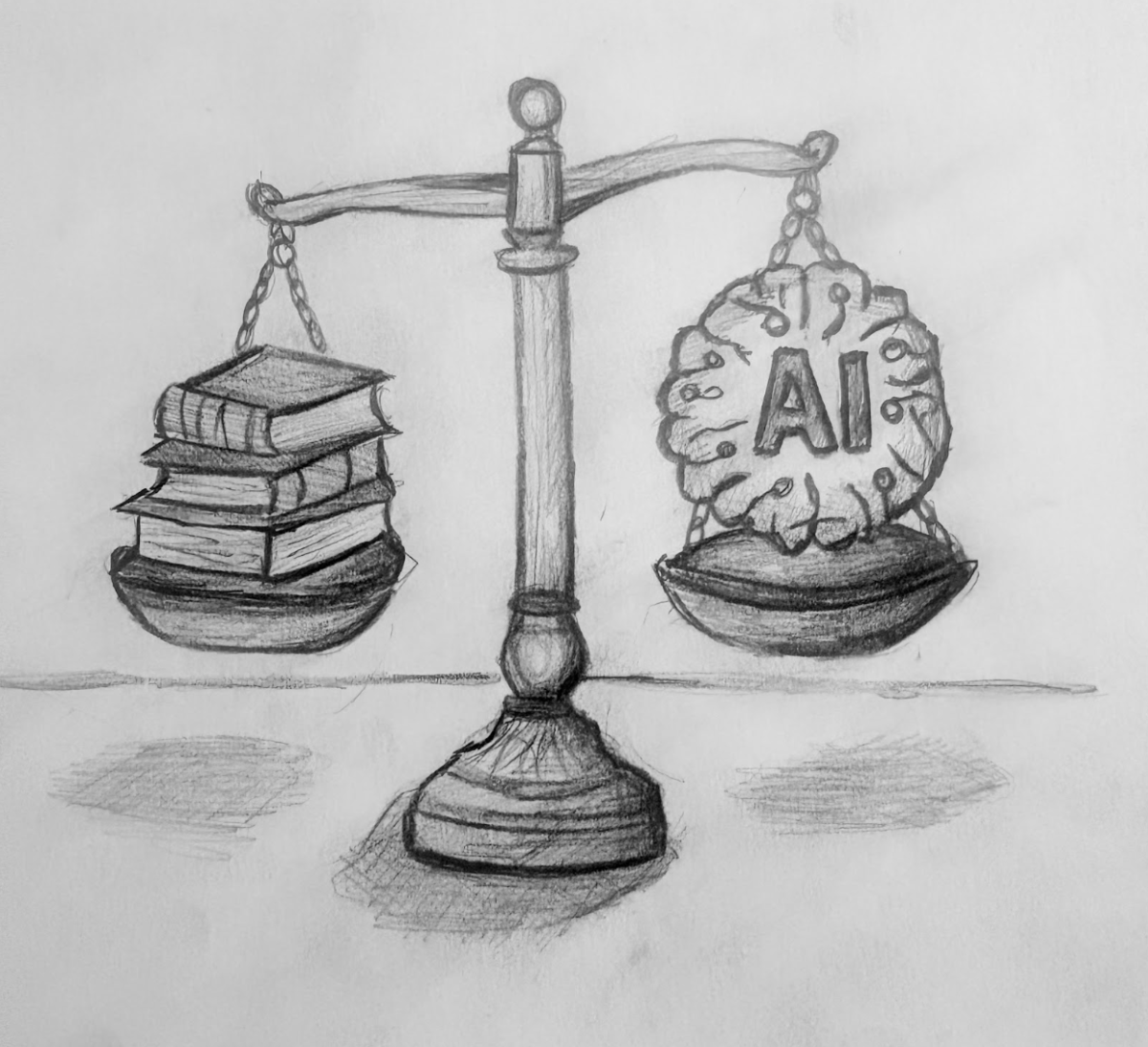On March 29, 2023, Russia’s Federal Security Service detained Evan Gershkovich, a thirty-one year old reporter for the Wall Street Journal (WSJ), on counts of espionage, marking the first time Moscow has accused an American journalist of spying since the Cold War. Prior to his imprisonment, Gershkovich had been living in Russia for over six years, reporting, recently, on the war in Ukraine and the Wagner group, a Kremlin-backed mercenary squad.
Although Gershkovich has pleaded not guilty, he faces up to twenty years of detention in a case in which Russian authorities have provided no evidence to support their allegations. The United States maintains that Gershkovich is being “wrongfully detained,” as foreign policy experts speculate that his arrest was politically motivated.
For Evan’s parents, Soviet Jewish émigrés, the case is especially painful as they watch their son live an unpleasant history, one they thought they had escaped in 1979. On June 22, 2023, the couple traveled to Russia to hear the pretrial decision, where they were able to briefly talk to Evan through a metal cage.
Gershkovich’s captivity is a potent reminder of the growing erosion of international press freedom, and many in the Western world have taken interest in this case. The Jewish community in particular has banded together to support Gershkovich, himself a Jew, by ritualizing the call for his freedom.
Last Passover, Shayndi Raice, an Israeli-based reporter at the WSJ, pressed for Jews to leave an empty chair for Gershkovich at their seder tables. This call echoed a 1965 campaign in which Dr. Zvi Taubes, the chief rabbi of Zurich, called on Jewish members of his community to leave an “Empty Chair” at their Passover meals to commemorate the plight of Soviet Jewry.
Nearly five months have passed since the Jews celebrated their exodus from bondage. Yet Gershkovich still remains captive in a former KGB prison, awaiting his fate.
With the start of the Jewish New Year many have rekindled their hope that Gershkovich should soon be free. To this end, the Jewish Federations of North America (JFNA) launched a letter-writing campaign to collect Rosh Hashanah messages for Gershkovich. According to Russian policy, all letters must be translated into Russian and reviewed before being distributed to prisoners. To abridge this process, the Federations staff fused the notes together into one collective letter that was sent directly to Gershkovich through his legal team. The card contains the number of people who sent messages.
Led by senior Sylvia Zeltzer, Vice President of Student Affairs and an Editor-in-Chief of Helios, members of the Hesed and Tzedek Council and the Helios Editorial Board both participated in JFNA’s initiative.
“As a journalist, I sympathize with [Gershkovich],” Zeltzer said. “His family is probably so worried. I wanted to introduce this campaign to Heschel because we should be aware of Evan’s plight… and eager to help in any capacity,” she said.
Rikki Tamir, Vice President of the Hesed and Tzedek Council, said that she enthusiastically agreed to present JFNA’s campaign to those on her council immediately after Zeltzer introduced it to her.
“We dedicate a lot of time and energy to fundraising and volunteering, but this sort of initiative is the most pure act of kindness,” Tamir said. “We’re not promising to resolve any systemic issues; we’re offering only our words and support.”
Students expressed various messages in their letters. Noa Glezer, a member of the Hesed and Tzedek Council, wrote that she is praying for Gershkovich. “As we enter the High Holidays, a time of personal and communal reflection, I want Evan to know that I am thinking of him and that the Jewish community stands behind him.”
Felix Harrari, co-Sports Editor of Helios, wrote to Gerskovich: “We are all inspired by your courage in the face of autocracy… As an ambassador of Judaism and journalism… you represent us well.”
President of the student body Ethan Hess commended those who participated in the campaign. “It’s amazing to see how many students are invested in Evan’s return,” Hess said. “It really embodies Heschel’s philosophy that ‘every deed counts, every word is power.’”

